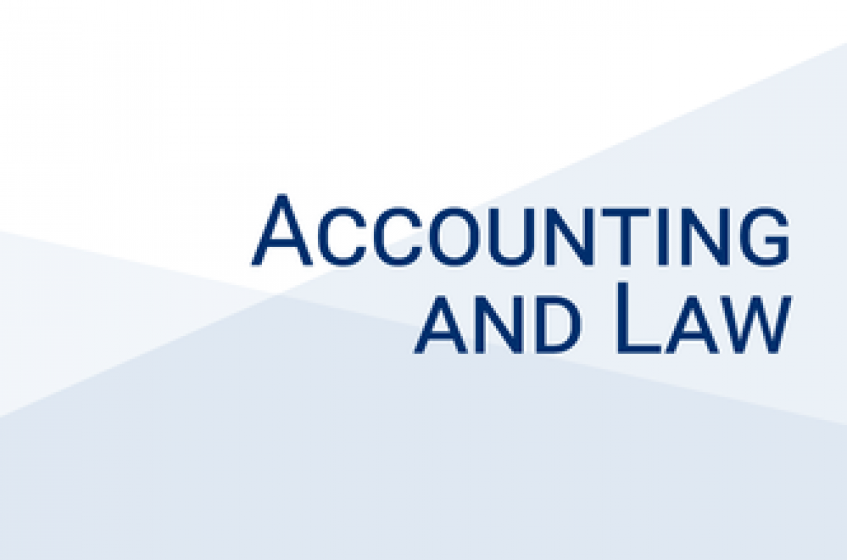IPOs and Corporate Tax Planning
Dr. Rebecca Lester
Associate Professor of Accounting
Graduate School of Business
Stanford University
How does going public affect the amount of type of a company’s tax planning? Using a panel of U.S. corporate tax return data from 1994 to 2018, we compare tax avoidance for firms that completed an IPO relative to three groups: (i) firms that filed for an IPO but later withdrew and remained private, (ii) private firms that received private capital infusions, and (iii) public firms that received public capital infusions. Relative to all three groups, IPO-completing firms report higher levels of domestic tax planning after going public. These firms also engage in greater multinational tax planning, measured with an increased foreign haven presence and higher cross-border related party payments. The collective evidence demonstrates that the going-public decision is an inflection point at which firms implement domestic tax planning and long-term foreign income shifting strategies, thereby contributing to the nascent literature on the corporate tax implications of the IPO decision.











